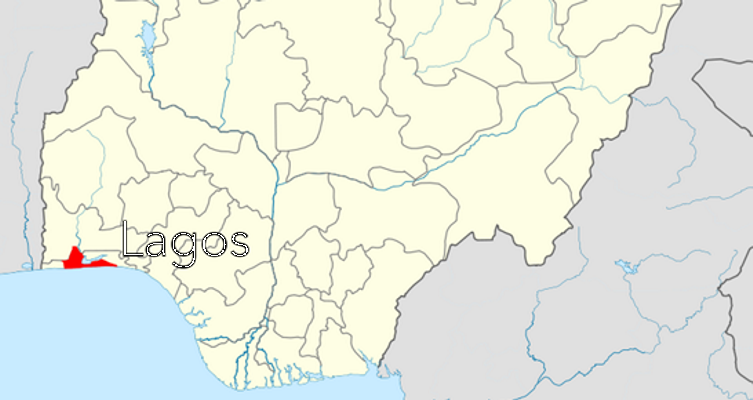As the world celebrated the International Day of Zero Tolerance for Female Genital Mutilation, on February 6, The United Nations Children’s Fund in a report said it was important to keep educating girls and women on the negative implications of FGM.
UNICEF explained that daughters of educated women were less likely to be cut than those whose mothers were uneducated.
According to the World Health Organisation, FGM comprises all procedures that involve partial or total removal of the external female genitalia, or other injury to the female genital organs for non-medical reasons. The practice has no health benefits for girls and women and causes severe bleeding and problems urinating, and later cysts, infections, as well as complications in childbirth and increased risk of newborn deaths.
The practice of FGM is recognised internationally as a violation of the human rights of girls and women. It is nearly always carried out by traditional practitioners on minors and is a violation of the rights of children.
Some facts
- More than 200 million girls and women alive today have undergone female genital mutilation (FGM) in 30 countries in Africa, the Middle East and Asia where FGM is practiced.
- FGM is mostly carried out on young girls between infancy and age 15.
- FGM is a violation of the human rights of girls and women.
- Treatment of the health complications of FGM is estimated to cost health systems US$ 1.4 billion per year, a number expected to rise unless urgent action is taken towards its abandonment.
In a UNICEF report, titled, ‘Ending Female Genital Mutilation: Data that delivers change and results for girls and women,’ UNICEF said approximately 35 per cent of girls aged zero to 14 in the Southeast are affected by FGM, closely followed by the Southwest region with 30 per cent of girls affected.
It added that it was worrisome to note that Ekiti State accounted for nearly 24 per cent of girls affected by FGM, while Oyo State had 21 per cent.
Another report titled, ‘The power of education to end female genital mutilation,’ read, “Education is an important mechanism to increase awareness of the dangers of FGM and of groups that do not practice it. Education also fosters questioning and discussion and provides opportunities for individuals to take on social roles that are not dependent on the practice of FGM for acceptance. The link between FGM and the education of girls and women rests on the assumption that educated women, as opposed to those with little or no education, will be less likely to have their daughters cut. One possible scenario is that, while in school, girls develop social ties with peers and mentors who are opposed to FGM.
“This could provide a reference group for which no normative sanctions exist for failing to comply with FGM. Educational settings may also provide an opportunity for discussion and a social environment conducive to the formation of new ideas. Additionally, educated women may have greater exposure to intervention programmes, media messages, and local and international discourse that denounce the practice, potentially creating sanctions for continuing FGM.”
Also, Chief of UNICEF Lagos Office, Celine Lafoucriere, in an interview called for more education, advocacy, and legal measures on FGM.
Lafoucriere said, “There is a need for increased awareness about the detrimental effects of FGM and to promote alternative cultural practices that respect the rights and dignity of girls. Proper enlightenment and education can eradicate the harmful tradition to ensure a brighter future for girls by increasing awareness about the detrimental effects of FGM and promoting alternative cultural practices that respect the rights and dignity of girls.”
UNICEF Child Protection Specialist, Denis Onoise, said, “Health, education, social services, and justice have a major role to play in providing holistic support to survivors, addressing their physical, psychological, and emotional needs, and empowering them to become advocates for change.”







